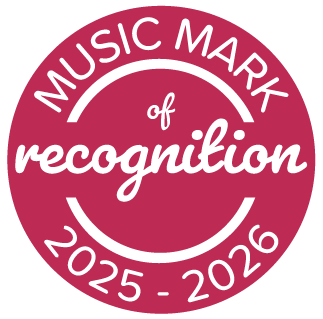Ethos & Vision
 We believe every child’s first step into education should be filled with joy, wonder and discovery. We provide a calm, nurturing and inviting environment which allows this to happen.
We believe every child’s first step into education should be filled with joy, wonder and discovery. We provide a calm, nurturing and inviting environment which allows this to happen.
Curiosity. Exploration. Discovery
Our toddlers are encouraged to explore, play, and learn at their own pace—nurturing their curiosity as they question, experiment, and make new connections and discoveries. This approach helps children grow into confident, independent learners, ready for the next stage of their journey.
 Our Vision
Our Vision
Small Groups. Strong Bonds. Big Learning
At the heart of our EYFS setting lies a simple but powerful belief: children learn best through:
- meaningful relationships
- tailored support
- and opportunities to explore in small, nurturing groups
Our goal is to create an early year’s environment that supports every child’s unique path. We do this by using small group learning and a key person approach as a consistent part of our daily routine.
“We place relationships at the heart of everything we do.”
We believe children learn best in small, secure groups. Each practitioner is assigned to a consistent group of no more than five children. This helps build strong, trusting relationships. These bonds support emotional security and deep learning.
Key workers get to know each child’s interests, learning style, and developmental needs. With this understanding, they can plan personalised experiences. These include play, conversation, and shared exploration. All activities support each child’s personal, social, and emotional development.
Our vision is simple:
‘Connected children are confident learners. By focusing on small groups, strong relationships, and responsive teaching, we lay the foundations not just for school readiness, but for a lifelong love of learning.’
Backed by Research
Our approach is firmly supported by contemporary research. The Education Endowment Foundation (EEF) says small group teaching is one of the best ways to improve early education outcomes. It is especially effective for communication and language development.
Research by Siraj-Blatchford et al. (2002) also supports this. They found that high-quality early year’s provision often include “sustained shared thinking” between adults and children. This kind of deep interaction is much easier to achieve in small groups than in large classes.
We provide responsive teaching that:
- nurtures emotional security,
- inspires curiosity,
- and lays the foundation not just for school readiness—but for a lifelong love of learning.


